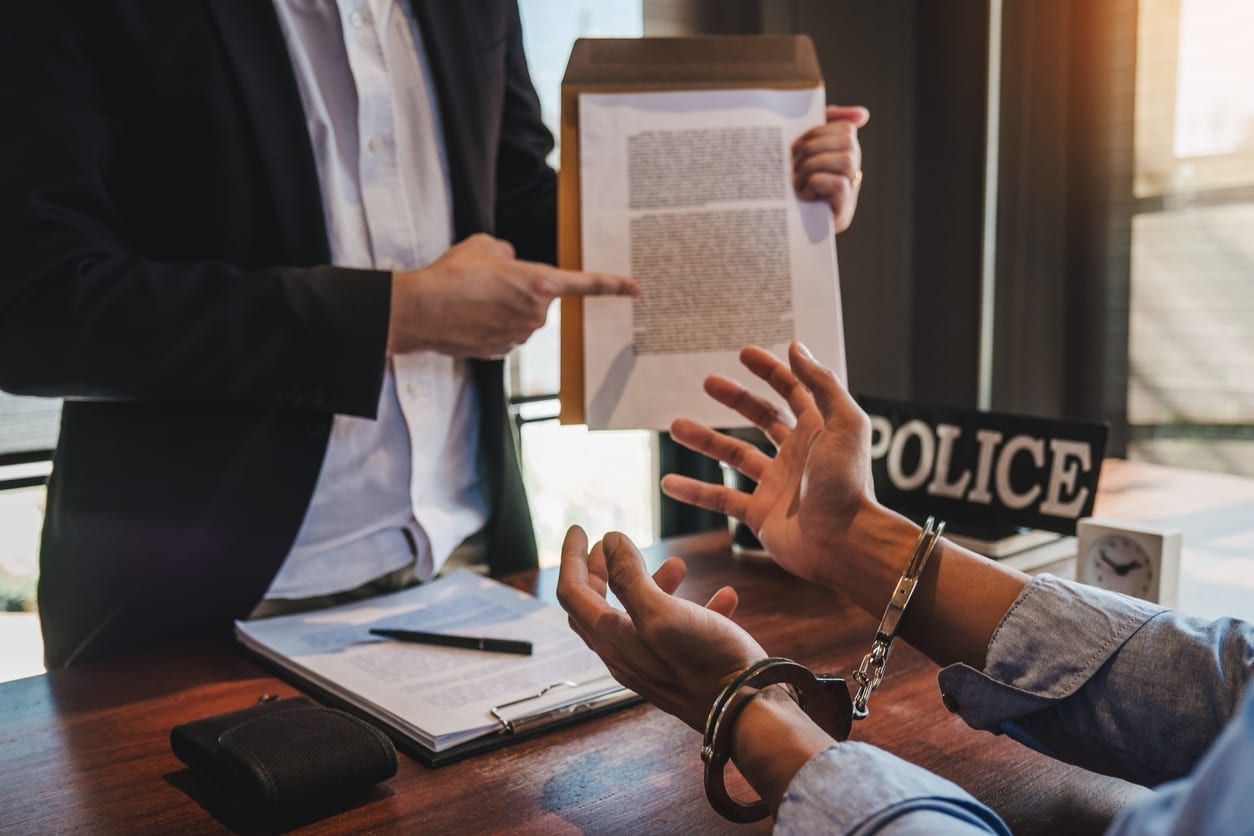A probation violation can be very serious. Types of violations vary a lot, and so do the punishments. What happens when you violate probation depends on several factors.
What counts as a probation violation?
A probation violation occurs when someone on probation violates a condition of probation. What is a probation depends on your probation conditions.
People on probation get a set of rules from the court that they must follow. These rules depend on your risks and needs, the crime at issue, where you live and many other factors.
There are many different conditions of probation. But some of them are more common than others. In general, most people on probation must do the following:
- Meet with your probation officer. Most people will have regular meetings with the officer. But your probation officer can also visit you any time they want.
- Appear in court when you’re scheduled to. You will have court hearings and other meetings during probation. You must attend these events.
- Avoid certain people. You will likely not be able to meet with people who have a felony on their criminal record. If your crime has a victim, you will likely need to avoid them as well.
- Refrain from out-of-state travel. You may be able to get permission from your probation officer to travel out of state. But, you often won’t be able to travel outside of the state.
- Submit to alcohol and/or drug testing. Many people on probation cannot use drugs or alcohol. You may have to take random or scheduled drug tests. These tests are mandatory, and refusing to take them might be a violation of your probation.
If you fail to do any of these things or otherwise do not meet the conditions of your probation, it could be a violation. Violating your probation has serious consequences.

What happens after you violate probation?
If your probation officer or the court finds out that you violated your probation, a few things can happen. Your probation officer might give you a warning. But the officer could also treat it as a violation. Then the court would schedule a probation violation hearing. And, depending on the nature of the violation, your probation could be revoked. If the court revokes your probation, you may have to serve your sentence in prison instead.
For the most part, it is serious violations that will land you in jail or prison. Examples of serious violations include committing another crime or missing several court hearings. Minor violations, like being late to an appointment, might not lead to jail or prison. Instead, it could mean more appointments, conditions or other rules. But probation officers and judges have a lot of discretion. This means they can decide what they think is best in your case.
The Takeaway:
If you’re on probation, you will have many conditions you must follow. And if you violate those conditions, you could face jail or prison time. Understanding and following your probation conditions is the best way to avoid time in jail or prison.






